Should I Crowdfund my Business?
Starting a business isn’t always as simple as it appears, especially where the industry seems to be saturated. A newbie in the market will have a few things to consider. One of them is finance.
Finance is imperative for the running and management of the business in the competitive space for profit maximization and effective service delivery.
An entrepreneur could choose either an internal or external financing option, depending on the size, availability, and cost of such financing option. One such external financing option is crowdfunding. This source of financing is becoming increasingly popular among entrepreneurs, especially with the aid of digital technology.
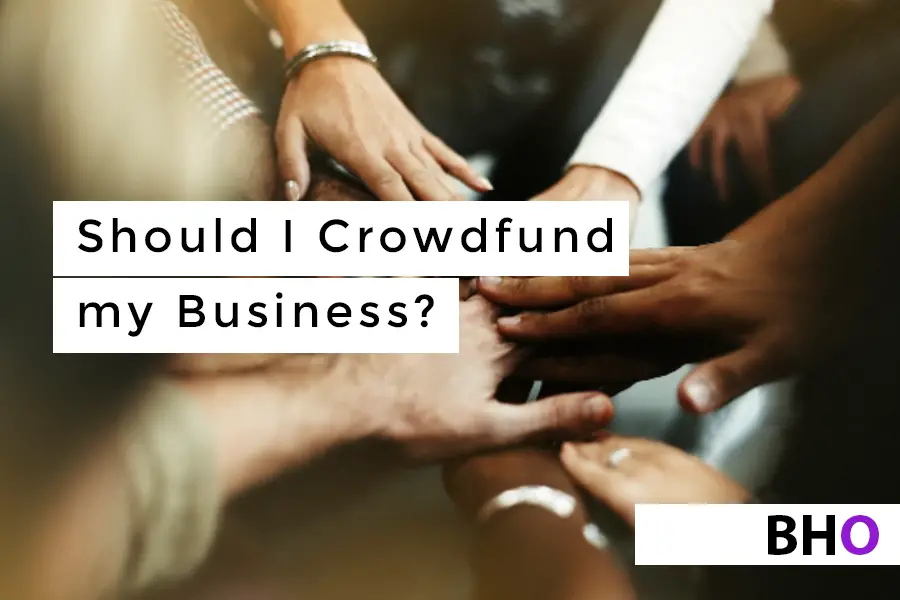
The Davido case study
Sidenote: Davido is a Popular Nigerian musician, Read more about him here
An example of this is the recent call by DAVIDO to all his friends and fans to fund his birthday by dropping his accounting number on his media handle. This exercise raised about 200 million nairas for the prodigious singer within a space of a week.
Crowd fundraising is one of the ways a business can achieve its financial objectives. Conceptually, crowdfunding is a fundraising strategy in which many investors pool money together to endorse a company. It is “the use of small sums of money from a large number of people to fund a new business initiative.”
Unfortunately, traditional commercial techniques have the drawback of making it extremely difficult to obtain the capital you require to flourish. Banks are unlikely to grant your loan requests unless you have a track record of business success, healthy cash flow, strong credit history, and convincing collateral.
Crowdfunding is an excellent solution to this conundrum because it allows you to gather support from friends, family, existing investors, and even total strangers who believe in your company. As a result, it has genuinely helped the world of start-ups and small business financing.
This source of finance is fast gaining traction as a means for firms to raise capital. Although It appears to be one of the best options owing to its relatively low cost and flexibility, a business owner must first determine the best model to use; this will help you expedite your project plan.
Types of Crowdfunding
There are several types of crowdfunding, but its beauty is that they all follow the same fundamental framework.
● Donation-Based Crowdfunding: This is more akin to a contribution from a broad group of supporters; each supporter gives funds in exchange for nothing; there isn’t always a set amount; beneficiaries make a call for donation, and people donate what they can because there is no return on investment. This method is best for non-governmental organizations, and it is not always visible for a capital-intensive project.
● Reward-Based Crowdfunding: Seed crowdfunding is another name for this method. This entails taking out a public loan and repaying it in kind. The benefits given to the organizations aren’t financial since they act as compensation for their investment in the company.
Examples include Services at a discounted rate, free services, donating to the community, thanking investors, and appreciation letters in writing. This form of business has many advantages for those who choose it.
The no-interest feature reduces the cost of raising financing for entrepreneurs. In addition, the business owner enjoys complete control over his enterprise. However, investors may be hesitant to participate because the ROI does not represent a financial return. As a result, this strategy may not be suitable for entrepreneurs seeking large sums of money.
● Equity Crowdfunding: This sort of crowdfunding is comparable to selling and purchasing company stock. In this case, investors provide funding in exchange for shares in the company. This allows many investors to pay a considerable sum of money in exchange for company shares in anticipation of equity appreciation and dividends.
The financial performance of the company determines how investors are repaid. This is usually a win-win model for the parties involved.
However, it will be imperative to convince investors that the business will be profitable to part with their money.
Despite its numerous advantages and attractiveness, crowdfunding is not an entirely perfect solution to financing problems.
SHOULD I CROWDFUND MY BUSINESS?
One should know its drawbacks, contingencies, and alternatives before getting too enthused about adopting it. Therefore, before you crowdfund, you should know a few things. These are;
● Planning and Preparation.
Crowdfunding isn’t a fast strategy for businesses, and many are hesitant to invest in partially business concepts because they’re too risky. So it would be best to draft out your plan before venting into the business.
Check for Alternatives: It isn’t the sole method of obtaining funds. If you’re looking for finance for your business, you’re probably aware that crowdfunding is a potential option – but it isn’t the only one. You may be able to obtain more favorable terms with a business loan or by seeking funding from an angel investor or venture capitalist, depending on how much money you need to raise, how much collateral you can offer, and how much control of your firm you’re ready to give up.
● Avoid running into debt: There’s a good chance you’ll have to pay fees. The majority of crowdfunding sites are for-profit entities. As a result, you won’t be able to raise money for free. Though rates vary by platform, you should expect a fixed-upfront front.
● Have a good strategy: Crowdfunding shouldn’t be your first choice when you get a new idea. It would be best not to begin raising funds until you know what to do with it.
The individual should have a business strategy in place, be aware of all of your company’s strengths and shortcomings, and have a good sense of how much money you’ll need (rather than just raising as much as possible).
You’ll require ample opportunities. A strong incentive is needed in place, depending on how you use crowdsourcing. If you’re doing funds to invest, you’ll have to figure out how much equity you’ll give away for each donation level. If you’re looking to raise money to start a business
● Employ a good marketing strategy: Having a good idea isn’t enough. Although, indeed, publicity can quickly spread knowledge of your concept (provided it’s good), you won’t be able to build direction until you have a marketing and advertising strategy in place.
As a result, you’ll need some money (or much time) upfront. If you look closely, there are various marketing methods to select from, but you should have first had a good strategy in place.
● Restrictions on Campaigns: There may be conditions attached to your campaign. Depending on the crowdfunding site, there may be stringent limitations on the type of campaign you can create. Kickstarter, for example, has some requirements.
● Examine examples of successful crowdsourcing projects: Don’t waste your time starting from scratch. Instead of tackling it alone, look at other crowdfunding projects to see what worked and what hasn’t, focusing on efforts in a comparable industry to yours.
● Be your publicist.
You are your own best advocate whenever it comes to crowdfunding. People can only invest in your business and crowdfunding campaign if they know it.
Being the first to do something may be stressful; however, it is simpler to rationalize doing something if you see others doing it. So make the most of this by having a few investors drawn up before your fundraising campaign goes public.
There is no one-size-fits-all approach to crowdfunding. There are only a few instances where it is evident that crowdsourcing is the best option or not worth your time.
Instead, it’s up to you to do your homework ahead of time and critically analyze all of the possible outcomes. Then and only then will you be able to make the best selection for your company.
Examples of crowdfunding sites are Kickstarter, IndieGoGo, patron, lending fund, pork money, thrive agric, gofundme.

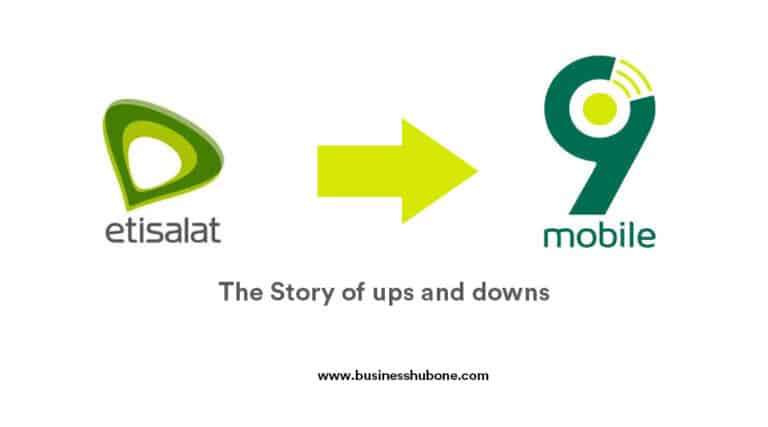
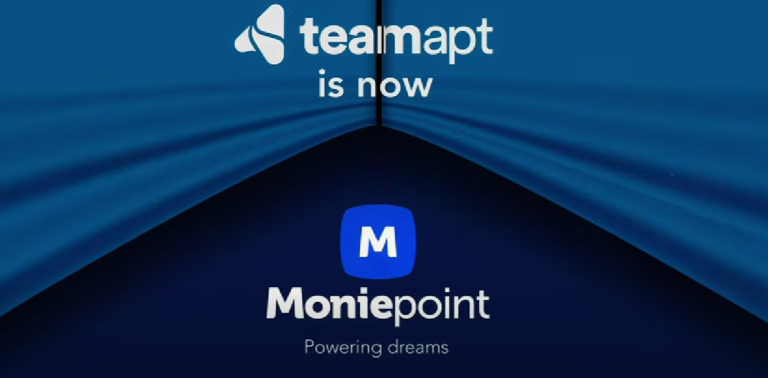
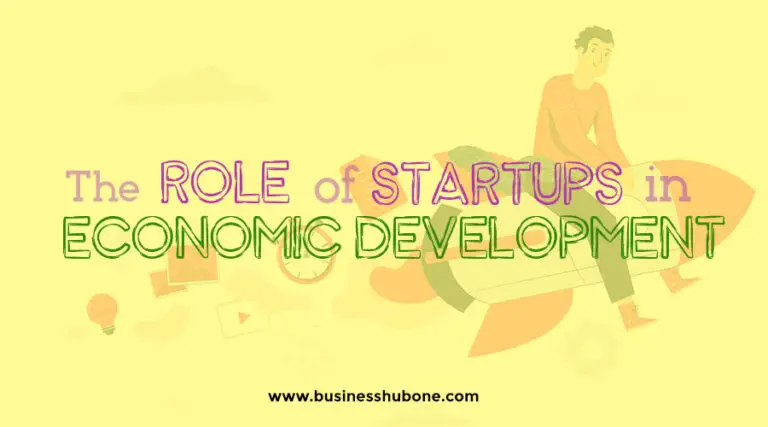
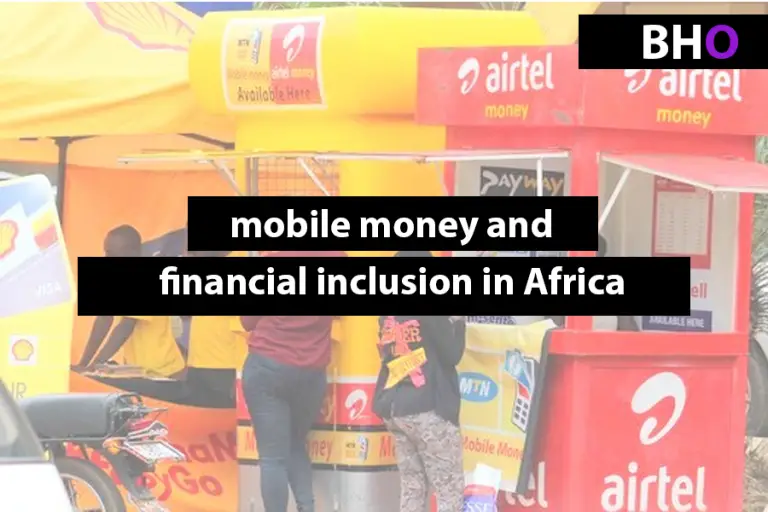


One Comment
Comments are closed.